Quantitative modeling of metastasis: cancer at the organism scale
In the majority of solid cancers, secondary tumors (metastases) are the main cause of death. Quantitative mathematical modeling could have important value to 1) test biological theories against empirical data and bring mechanistic insights and 2) design numerical tools predictive of metastatic relapse or the impact of therapies. I will present research efforts towards the establishment of such mathematical constructs descriptive and predictive of metastatic development. The general framework is based on a physiologically-structured partial differential equation for the time dynamics of a population of metastases. Results will be presented for model-based exploration of 1) spontaneous development of metastasis following surgery [1], 2) theoretical models of metastatic spread and growth [2], 3) tumor-tumor systemic interactions [3] as well as recent results modeling paradoxical pro-metastatic effects of anti-angiogenic therapies. If time allows, translation of the models will be presented in two clinical settings: brain metastasis from non-small cell lung cancer [4] and prediction of metastatic relapse in early-stage breast cancer [5]. Together, these results represent a step towards the integration of mathematical modeling for research on metastasis and as a predictive tool for personalized oncology.
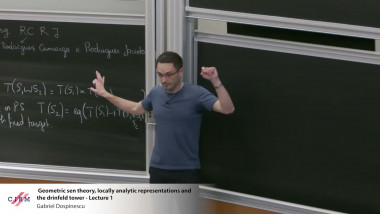










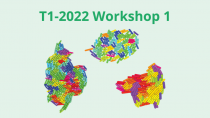
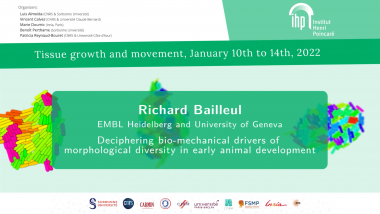
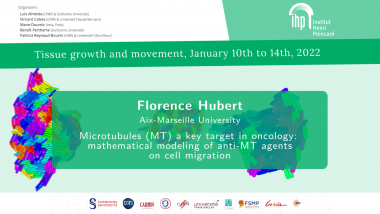
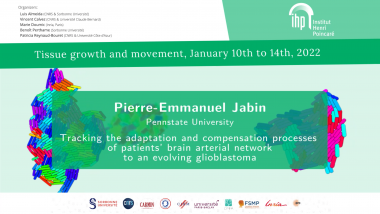
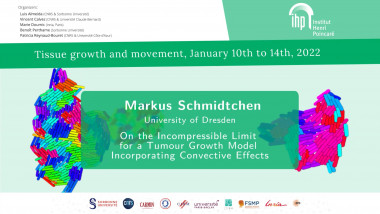
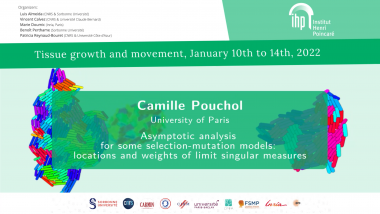
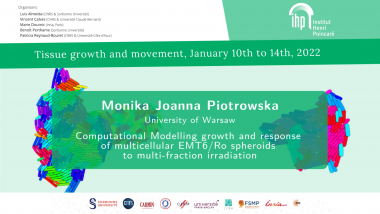
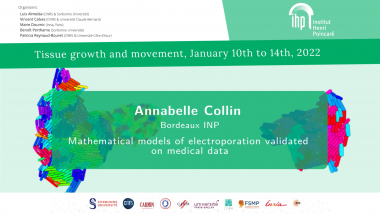
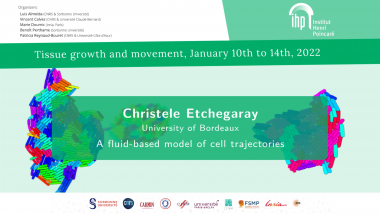
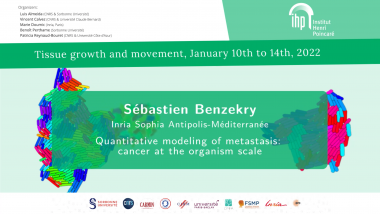
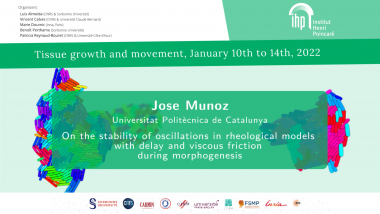
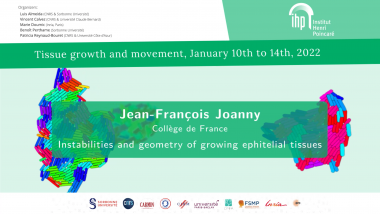
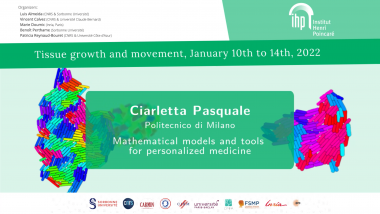
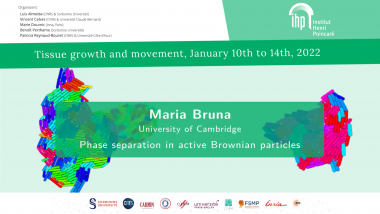
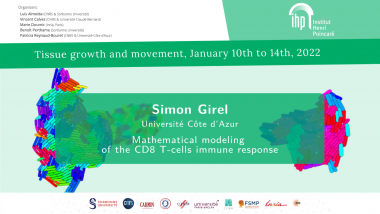
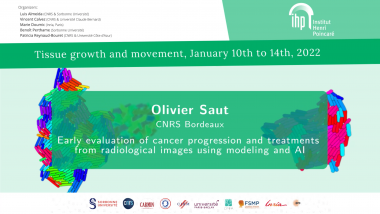
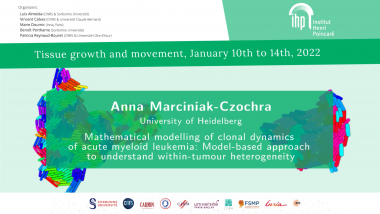
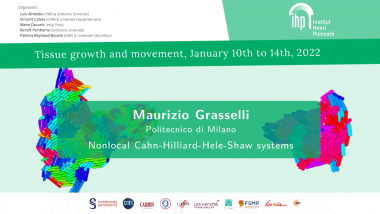
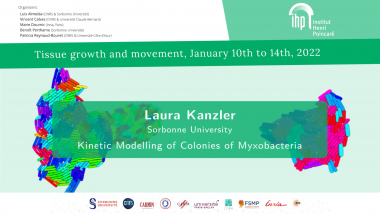
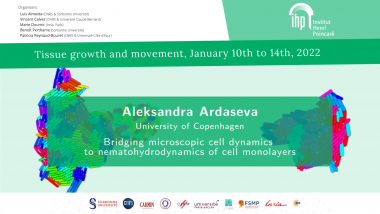
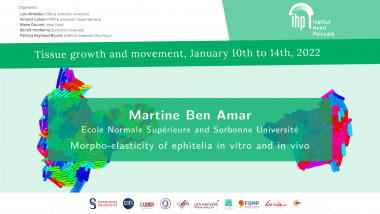
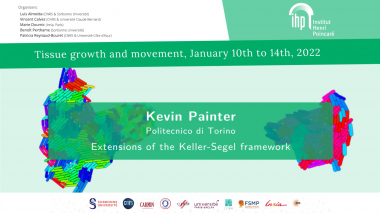
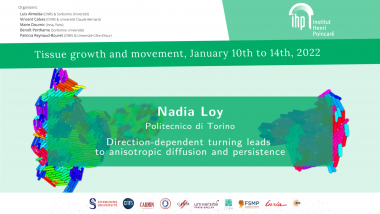

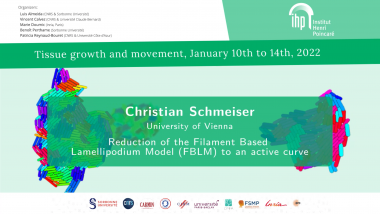
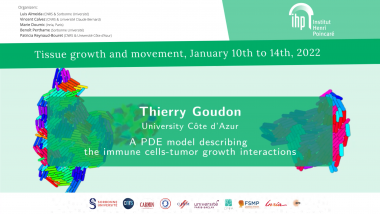
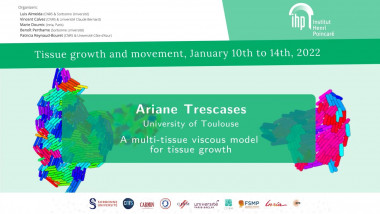
![[1246] The model theory of perfectoid fields](/media/cache/video_light/uploads/video/SeminaireBourbaki.png)
